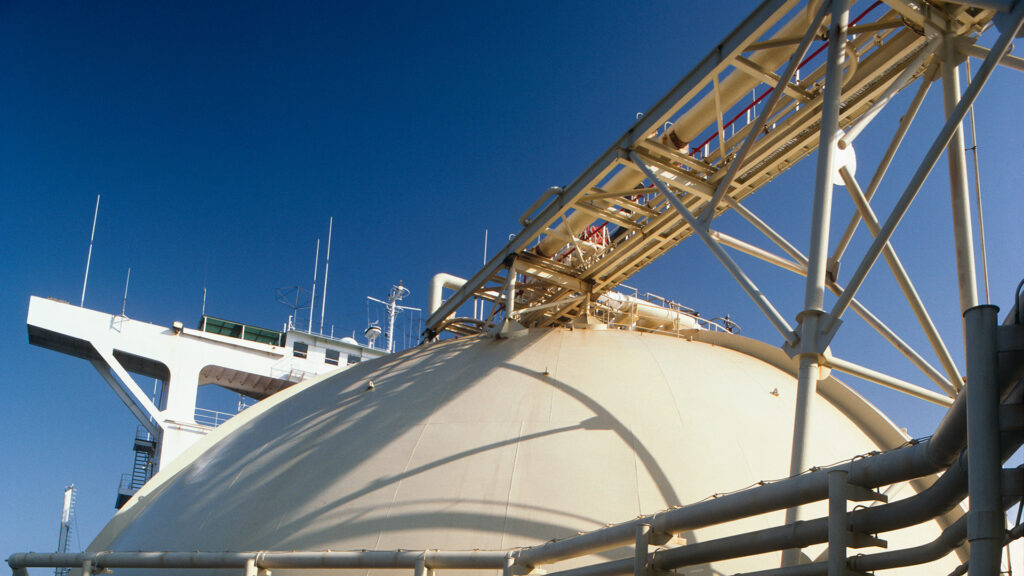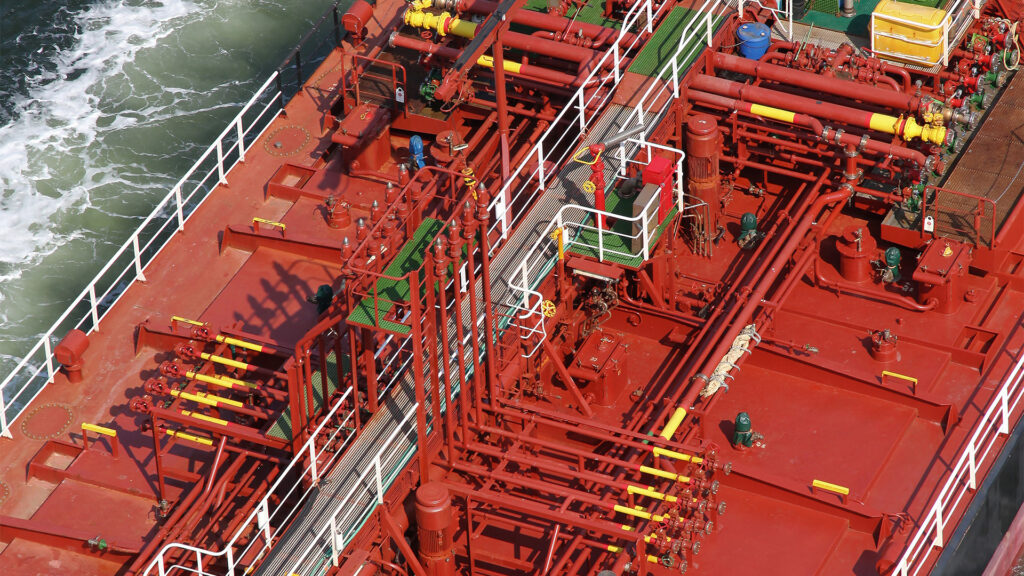Syria Sanctions: EU Follows US Ban On Oil Imports, And Expands List Of Designated Persons
Companies with the following contractual obligations as at 1 September 2011 for crude oil or petroleum products exported from or originating in Syria:
- purchase;
- import into the EU;
- transport to any other country; or
- provide related financing, financial assistance, insurance or re-insurance in relation to any of the above;
should consider notifying the activity or transaction to the relevant national authority within the EU as soon as possible. Notification of such obligations will enable them to be performed up to and including 15 November 2011.
Prospective purchasers of crude oil and petroleum products will want to check their origin, and if appropriate obtain warranty protection to ensure that they do not breach the prohibition on purchasing crude oil or petroleum products exported from Syria.
In a key development in the escalation of trade sanctions against Syria, the European Council (the “Council”) decided on 2 September 2011 to target the importation, purchase and transportation of oil and petroleum products that originate in, or have been exported from, Syria. It also decided to expand the list of individuals and entities (so called “Designated Persons”) who are the subjects of an asset freeze. This follows an earlier move by the US authorities, and earlier EU measures imposing an asset freeze on specific Syrian entities and persons. A new UN Security Council Resolution imposing trade sanctions on Syria is not seen as likely to emerge at present, owing to opposition from Russia and China.
These latest EU sanctions are significant as the EU is Syria’s biggest oil export market. Syria produces about 385,000 barrels of oil per day, and exports about 150,000 barrels per day, of which most goes to European countries, particularly the Netherlands, Italy, France and Spain. Syria exported €3.1bn of crude oil and petroleum products to the EU last year (92% of its total exports to Europe), although this accounts for only 1.5% of total EU imports of crude oil.
The EU sanctions are likely to have a significant impact, given volumes of Syrian oil imported into the EU.
Companies may need to use a non-EU based bank to make further payments under their existing contracts.
The US was the first to target Syrian oil exports when it imposed broad ranging sanctions against Syria on 18 August 2011, which (i) freeze Syrian government property in the US, (ii) prohibit US operations and investment in Syria, (iii) extend the US prohibition on exports to Syria to include exports of services and (iv) prohibit imports of Syrian petroleum and petroleum products into the US. This last prohibition is unlikely significantly to affect US interests, as US imports of Syrian oil represent a tiny fraction of US oil imports.
The EU sanctions are not as widely drawn as the US sanctions, which may be due in part to the greater involvement of some EU companies in Syria’s oil industry than their US counterparts. Nonetheless, the EU sanctions are likely to have a significant impact, given the volumes of Syrian oil imported into the EU.
This briefing provides an overview of the EU sanctions that have been put in place against Syria, and considers their implications for business.
The EU sanctions
The original sanctions Regulation
The first round of EU sanctions came into force on 10 May 2011, with the publication of Regulation 442/2011 (the ” Regulation”), following a Council decision the day before.
The Regulation prohibits the following:
The provision, directly or indirectly, of technical assistance related to goods and technology listed in the
common military list of the EU.It also prohibits any participation, “knowingly and intentionally, in activities the object or effect of which is to circumvent” these prohibitions.In addition, the Regulation includes the now customary asset freeze (including the usual prohibition on making funds or economic resources available, directly or indirectly), with the customary (very narrow) exceptions. The objects of the asset freeze (the Designated Persons) are listed in Annex II of the Regulation on the basis that they are “responsible for the violent repression against the civilian population in Syria,” as well as persons associated with them. The basis for designation has since been broadened and additional persons and entities are now designated (see below).
The Regulation applies to the following persons and places:
- The territory of the EU.
- On board any aircraft or vessel under the jurisdiction of an EU member state.
- Any person who is a national of an EU member state, irrespective of their whereabouts.
- Any person, entity or body which is incorporated or constituted under the law of an EU member state.
- Any person, entity or body in respect of any business done in whole or in part within the EU.
Subsequent Regulations have added new names and legal entities to the list of Designated Persons (on 24 May, 24 June, 2 August and 24 August 2011). All of these persons were deemed to be responsible for the violent repression in Syria.
By 2 September 2011, some 50 people were already named in the EU’s Designated Persons list, including President Assad himself and three Iranian officials accused of supporting his government. Eight Syrian and Iranian companies or organizations were also already Designated Persons.
The expansion of the scope of the sanctions
On 3 September 2011, Council Regulation 878/2011 (the “Amending Regulation”) was published and came into force.
The Amending Regulation inserts a new prohibition into the Regulation, targeting the importation of oil and petroleum products:
- It is prohibited to import crude oil or petroleum products into the EU if they originate in Syria or have been exported from Syria. It is also prohibited to purchase crude oil or petroleum products if they are located in or which originated in Syria.
- It is prohibited to transport crude oil or petroleum products if they originate in Syria, or are being exported from Syria to any other country.
- It is prohibited to provide directly or indirectly any financing or financial assistance, including financial derivatives, as well as insurance and re-insurance for any of the above prohibited activities.
- As above, the Amending Regulation also prohibits any participation, “knowingly and intentionally, in activities the object or effect of which is to circumvent” this prohibition.
To address concerns of companies which have pre-existing contracts with Syrian oil companies, the Amending Regulation states that:
- The prohibitions shall not apply to the execution, on or prior to 15 November 2011, of any obligations arising from contracts concluded before 2 September 2011, provided that anyone seeking to perform such an activity or transaction related to such an obligation notifies the relevant authority at least seven working days in advance.
- The prohibitions shall also not apply to the purchase of crude oil or petroleum products that had been exported from Syria prior to 2 September 2011, or, where export was made pursuant to an obligation arising from a contract concluded before 2 September 2011, on or prior to 15 November 2011.
The scope of the list of Designated Persons has been expanded to include “persons and entities benefiting from or supporting the regime”. A further four individuals and three entities have been added to the list of Designated Persons (including Mada Transport, Cham Investment Group, and Real Estate Bank).
A provision has also been added which seeks to prevent any person connected to the Syrian Government from being able to make a claim against EU persons and entities that are unable to fulfil their obligations due to the EU sanctions regime.
Consequences of breach
The penalties for any breach of the Regulation will likely include criminal convictions, fines, and prison sentences. The exact nature of the penalties will vary between EU member states.
The implications of the Syrian sanctions for EU businesses
The Amending Regulation gives companies with existing obligations in respect of Syrian oil a “winding down” period during which those obligations may be performed, provided that the notification requirements are complied with. The winding down period relates to contracts entered into prior to 2 September 2011, and expires on 15 November 2011. As mentioned above, companies are required to notify the relevant authority in advance, and obtain confirmation from that authority that they are entitled to perform those obligations. Funds due to Designated Persons can only be credited to accounts which are frozen.
Prospective purchasers of crude oil and petroleum products will want to check their origin, and if appropriate obtain warranty protection, in order to ensure that they do not breach the prohibition on purchasing crude oil or petroleum products exported from Syria.
Such companies may face difficulties in making payments to Syrian counterparties through EU banks. EU banks will likely point to the restriction on providing financial assistance for the purchase, import or transport of oil and petroleum products. They are also likely to face difficulties (due to US sanctions) in making any payments in US dollars. Companies may need to use a non-EU based bank to make further payments under their existing contracts.
It is also worth noting that the exemption provided for pre-existing contracts may not extend to related contracts for the transportation of oil and petroleum products, if those related contracts were not also entered into prior to 2 September 2011. As such, EU ship owners may be unwilling to offer ships for charter to transport oil and petroleum products, even where those products relate to existing contractual obligations entered into prior to 2 September 2011.
It should also be borne in mind that attempts to circumvent the Regulation, or facilitate a contravention, could themselves constitute an offence. As such, it would be wise for companies to liaise with the appropriate authorities before taking any measures to fulfil their obligations under existing contracts.
The lifting of Libyan sanctions
On 2 September 2011, the EU also removed a number of entities from the list of designated persons contained in the sanctions against Libya, including a number of port authorities, oil companies and banks.
For more information, please contact Anthony Woolich, Partner, on +44 (0)20 7264 8033 or anthony.woolich@hfw.com, or Daniel Martin, Associate, on +44 (0)20 7264 8189 or daniel.martin@hfw.com, or your usual contact at HFW.
Download a PDF version of ‘Syria Sanctions: EU Follows US Ban On Oil Imports, And Expands List Of Designated Persons’











